Day 1 of Erice International School of Science Journalism - Of Light, Late Arrivals, and Lasers5/14/2015 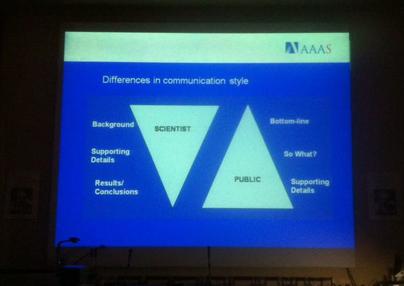 Copyright 2015 Emiliano Feresin @emilianoferesin Copyright 2015 Emiliano Feresin @emilianoferesin There is some light we definitely do not need. Light pollution, melting away the view of the stars. Drivers who leave their foglights on while approaching you at high speeds. Flickering fluorescent lights when you're stuck working late in the office you don't particularly like anyway. I would also like to nominate the unexpected light at Rome Fiumicino airport on 7th May 2015. This was caused when a fire chewed through a baggage hall in Terminal 3. There were no serious injuries, but the travel plans of thousands of international travellers were duly consumed in the process. Surely, most terrible of all, was the damage done to the travel plans of a particularly special group of international science communicators. Some slipped through unscathed. Others arrived in the early hours of Monday morning, bleary-eyed and lurching through the darkness of the Sicilian night. Others lost entire days in a nadir of intercontinental time zones, batted back and forth between delayed flights, cancelled flights, and interminable airport stays. But one by one, our heroes eventually made it to Erice International School of Science Journalism 2015. Following this shaky start, we were all extremely appreciative to arrive to the lecture hall and receive Fabio Turone's welcome speech. We were also grateful for the inclusion of coffee breaks on our schedules, liberally provided so that we could consume plentiful cups of the magical juice of wakefulness. The first day began with a talk by Luca Serafini, Research Director of INFN – Milan. (He is also the star of Extreme Skiing on Orobie – mind you I didn't have to delve far to find this fact, it's on his INFN profile...). With his talk about the Extreme Light Infrastructure, he launched us into the 2015 course. His talk detailed the different research areas of ELI and the science of lasers. He led us gently into this world of high energy photons by weaving in beginning references to Blade Runner's poetic androids and mysterious C-beams to illustrate the great challenge facing him. How could a physicist explain physics without using the language of mathematics? And for that matter, how could C-beams be visible in space, if light cannot interact with itself, which also topples the hopeful hearts of millions if it destroys the fantasy of light sabers? But I can assure Luca that he succeeded in his endeavour. I know now, for example, the definitions of power, intensity, and brilliance, the reason why the sky is blue, and that there is a 300 TW laser FLAME at INFN. It has a greater brilliance than the Sun. Just... just as a laser pointer does... After this slice of heavy science came Fred Balvert of Erasmus MC Rotterdam. Through his talk he invited us to discuss the intentions and order of questions to consider when promoting science. I think one of the easiest forms of science communication is explaining research science in clear or interesting ways. Indeed, mediums such as television often focus heavily on translating and transmitting that interest of research into full-blown wonder. I'll just leave this here as an appreciative nod to the wonder, and this here as a cautionary tale that science, as entertainment, is a two-edged sword. But how can we best communicate the relationship between research, society, and industry to the public? Scientists do not toil alone in their labs, but are funded by and responsible to society. But who can see how research might benefit society? CERN and Tim Berners-Lee created the World Wide Web, but they did not have to describe this intention in several rounds of detailed grant applications to get there. (Of course, it is really the fault of scientists for not inventing that useful time-travelling machine yet). Science is both fuelled by, and the food of modern industry and economics. However faceless pharma and large corporations do not inspire trust easily. The EU has specified that all funded research projects must contain a plan of communications. Perhaps difficulties can arise when scientists must apply opinions and commentary to issues of science, since this contrasts with the objective, results-focused approach of the scientific method. A journalist's role is to describe, monitor, comment, and challenge issues. As science journalists, we bridge this gap. Our first coffee break promised refreshments to combat the lack of sleep. However nothing could be more effective for a tired mind than this stunning view from the terrace. 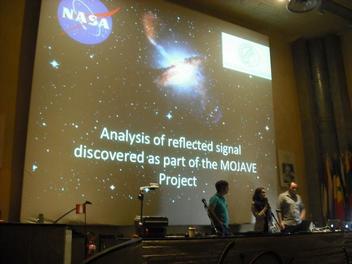 Copyright 2015 Nikita Mehta @athem_atikin Copyright 2015 Nikita Mehta @athem_atikin In the afternoon, the school became even more interactive as we practiced preparing for a media conference on striking scientific discoveries. We took opportunities to become experts, science spokespersons, media managers, shrewd journalists, astrologers and tabloid hysterics. It was interesting to see the differences in approach from each group, and to probe the fine balance between speculation versus objectivity when reporting a science controversy. 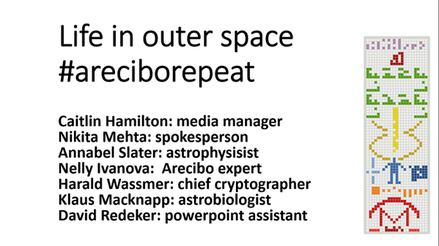 I also became one of the world's most foremost, and indeed least qualified experts in radio telescopes. You never know where you'll end up in life. Later that night, I also briefly became much rounder and slower after several courses of dinner. I'm British and I'm not used to receiving multiple courses of starter, pasta, meat, and dessert as a your typical, run-of-the-mill meal. Thankfully I did adapt, but now I'm in withdrawal. This was followed by several cups of Marsala wine in the Marsala room. The positive correlation between cups of Marsala wine and enjoyable verbosity of conversation is very clearly delineated, but nonetheless, we continue to conduct the field research. However, I must share my best discovery, which is this: one part sweet Marsala wine to two parts dry Marsala wine.
You're welcome.
0 Comments
|
AuthorNot quite a blog, but things that I have written. Please note - these writings are unedited, for the purposes of flexing my fingers, and no doubt contain grammatical errors and carelessness of expression I wouldn't allow in professional writing. Categories
All
Archives
June 2021
|

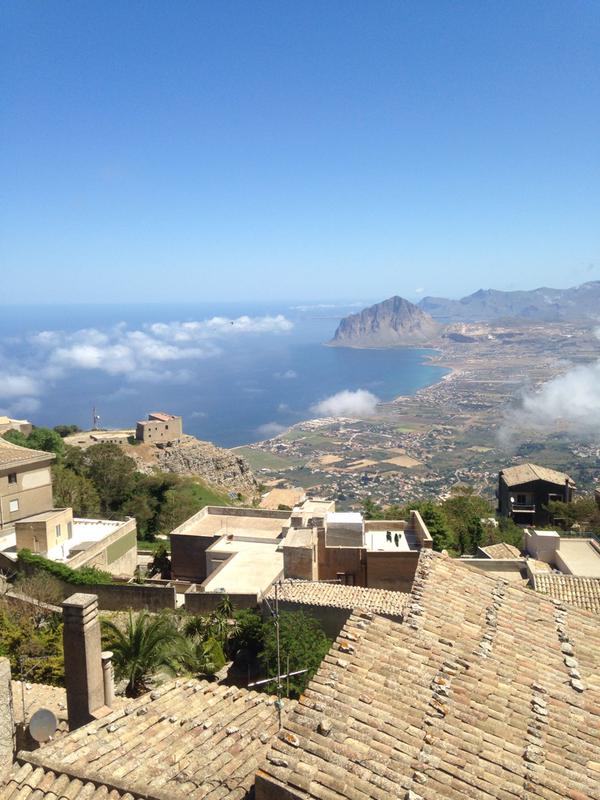
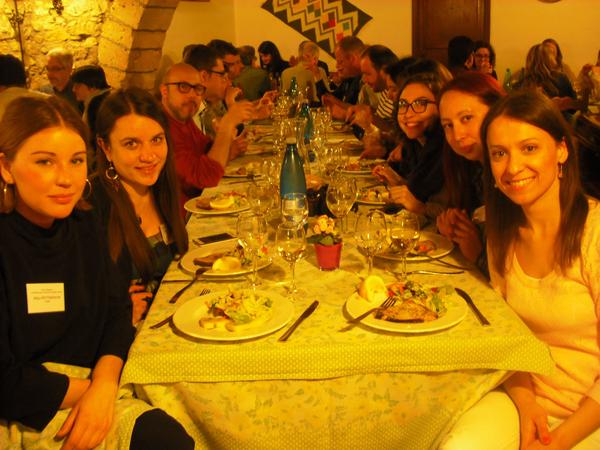
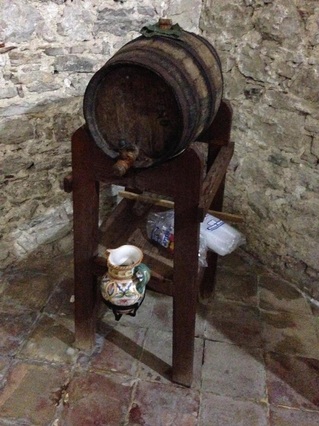
 RSS Feed
RSS Feed
